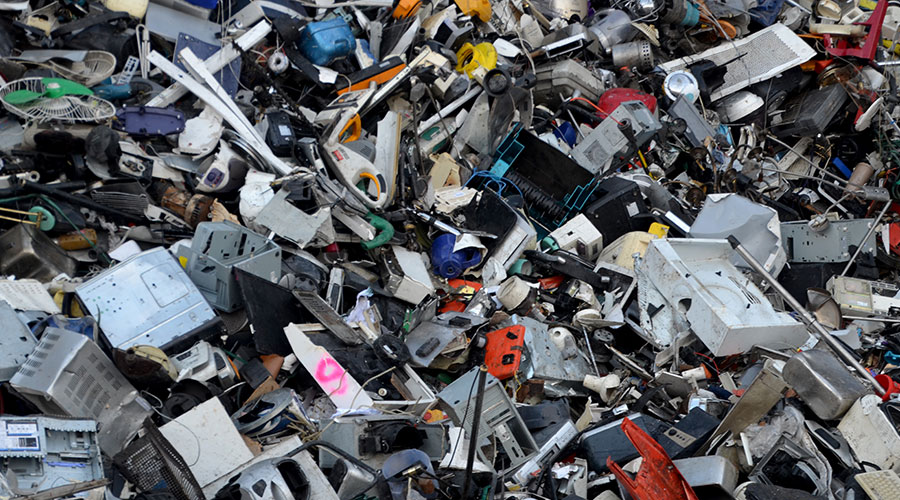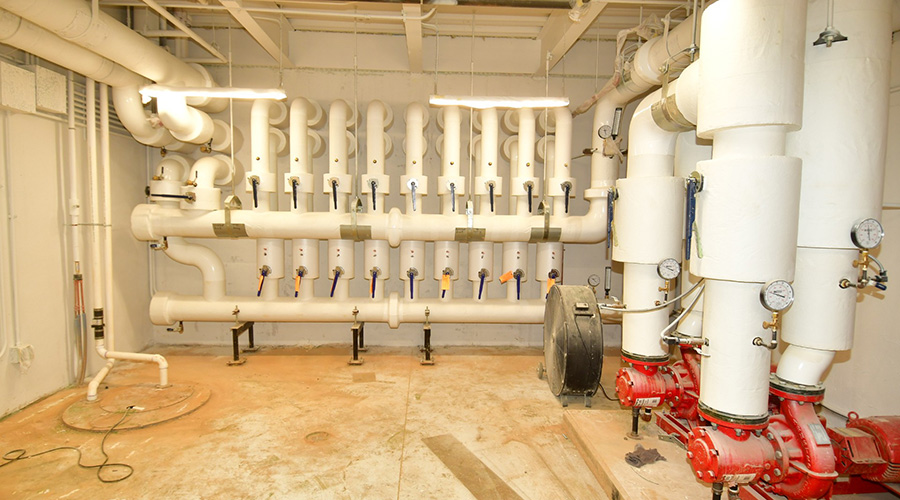Training Programs Must Account for New Boiler, Water Heater Technology
Operation and maintenance programs for boilers and water heaters are based on the technology at the time of the equipment's origination. But during the life of any system, new technology becomes available, or buildings with new equipment come online. Examples of advances in technology include automated detection and diagnosis of operating faults or a complex computer-based control system.
When manufacturers roll out these advances, managers need to update training requirements to incorporate the new technology. Again, the equipment manufacturer is the best source. Managers also can consider videotapes as training aids for new operators and technicians.
A sophisticated boiler-monitoring system is a powerful tool to help operators monitor and increase system efficiency, and training is essential for success. But determining if a system is operating correctly, as well as steps to take if it is not, can be a complex task. As a result, operators sometimes require the technical support from contractors or manufacturers to interpret information a monitoring system has produced.
By reviewing the logs, operators will be able to determine when a parameter has changed. The challenge for operators is determining the reason something changed and actions to take that will get it back on track. So it remains critical for operators to have the experience and training, along with detailed knowledge of system operation, to address the problem.
Michael Mooney is a mechanical engineer for Smith Seckman Reid Inc., an engineering design and facility consulting firm with 13 offices nationwide. He has more than 25 years of experience providing consulting services on mechanical systems for health care and higher education facilities.
Related Topics:















